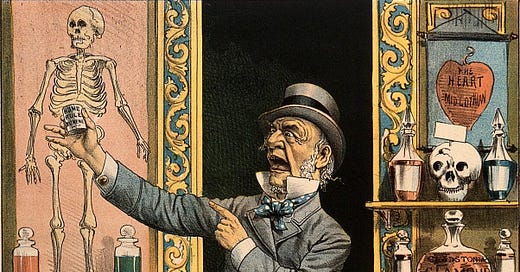This is an entry in the Saturday series of Timeless & Timely called “Off the Clock.” A newsletter for word nerds. Make sure you don’t miss a single issue.
Keep reading with a 7-day free trial
Subscribe to Timeless & Timely to keep reading this post and get 7 days of free access to the full post archives.





